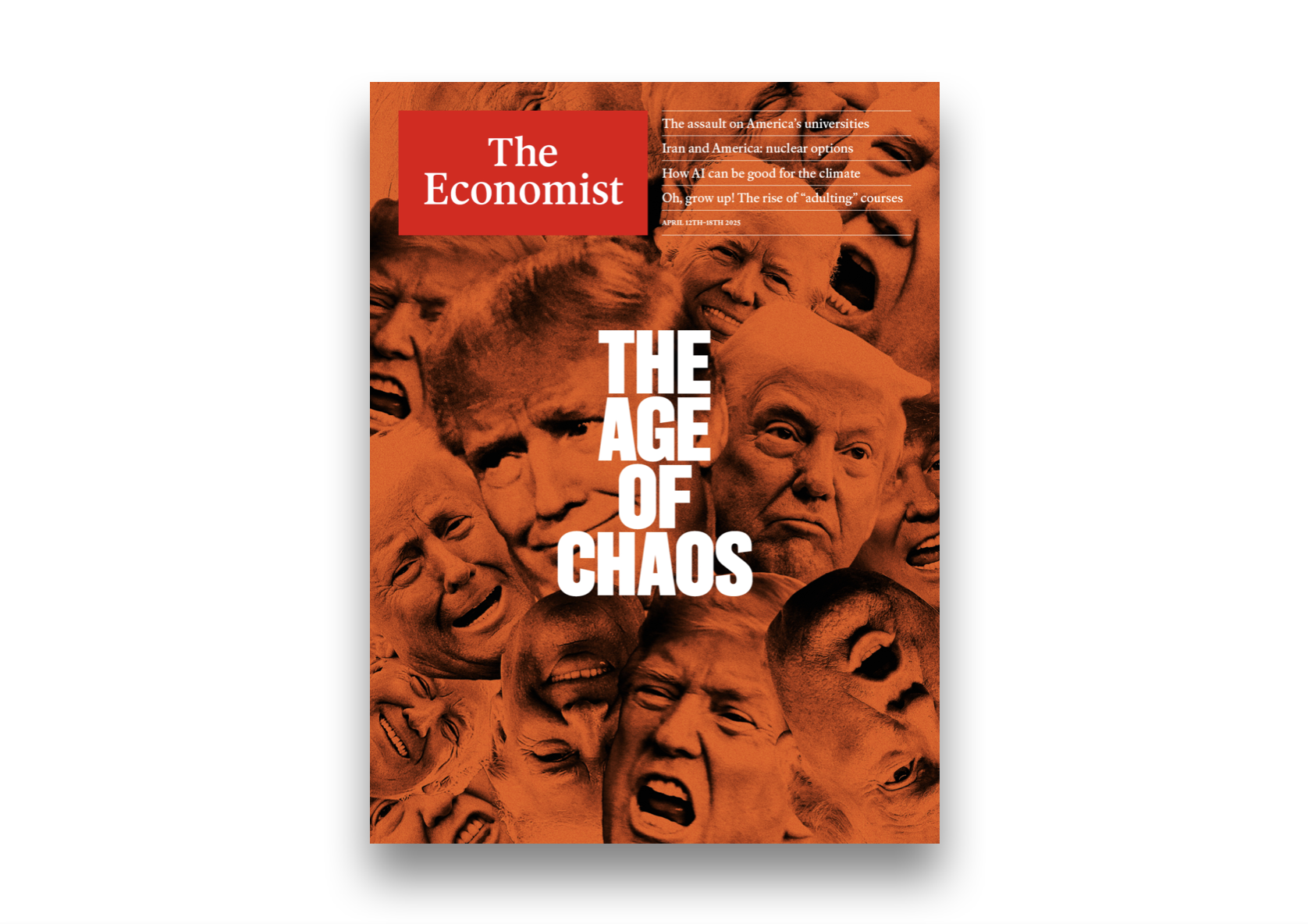My reasons for thinking Trump was going to be elected in 2016 were entirely unscientific. One of my Hoover Institution colleagues recently reminded me of my data-free, amateurish and bothersome predictions. I teach for three weeks at Hillsdale College every September during my vacation from the Hoover Institution. Each morning I try to ride a bike 15-18 miles out into the Michigan countryside. I have been doing that since 2004. Over the previous 12 years even this conservative rural Michigan county had showed no real excitement over George W. Bush, John McCain or Mitt Romney. But in 2016, Trump signs — both professionally made and hand-painted — had sprouted everywhere, on barns, lawns and sheds. Whatever Trumpism was, lots of southern Michiganders seemed ready for it. Six weeks ago, I rode the identical rural Michigan routes. Sometimes I stopped and talked to a few people. The script was almost predictable. After the requisite throat-clearing — ‘Trump should cut back on the tweeting,’ they said — they were even more eager to vote for him this time than last.
In my hometown near my central California farm, I spent autumn 2016 talking to mostly Mexican American friends with whom I went to grammar or high school. I had presumed then that they must hate Trump. Remember the speech in 2015 announcing he was going to stand, when he bashed illegal immigration, or his snide quip about the ‘Mexican judge’ in the Trump University lawsuit, or his expulsion of an interrupting Univision anchor, Jorge Ramos, from one of his campaign press conferences? But I heard no such thing. Most said they ‘liked’ Trump’s style, whether or not they were voting for him. They were tired of gangs in their neighborhoods and of swamped government services — especially the nearby Department of Motor Vehicles — becoming almost dysfunctional. I remember thinking that Trump of all people might get a third of the Latino vote: of no importance in blue California, but maybe transformative in Midwest swing states?
During the last two weeks I made the same rounds — a high-school football game at my alma mater, talks with Mexican American professionals, some rural farm events. Were those impressions three years ago hallucinations? Hardly. Trump support has, if anything, increased — and not just because of record low unemployment and an economy that has turned even my once-ossified rural community into a bustle of shopping, office-construction and home-building, with ‘Now Hiring’ signs commonplace. This time I noticed that my same friends always mentioned Trump in contrast to their damnation of California — the nearby ‘stupid’ high-speed rail to nowhere, the staged power shutoffs, the drought-stricken dead trees left untouched in flammable forests, the tens of thousands of homeless even in San Jose, Fresno and Sacramento, the sky-high gas prices, the deadly decrepit roads, the latest illegal-alien felon shielded from ICE. Whatever Trump was, my friends saw him as the opposite of where California is now headed. His combativeness was again not a liability but a plus — especially when it was at the expense of snooty white liberals. ‘He drives them crazy,’ Steve, my friend from second grade, offered.
One academic colleague used to caricature my observations in 2016 that Trump’s rallies were huge and rowdy, while Hillary’s seemed staged and somnolent — and that this disconnect might presage election-day turnouts. ‘Anecdotes!’ I was told. ‘Crowd size means as little as yard signs.’ If anything, Trump’s rallies now are larger, the lines longer. Maybe the successive progressive efforts to abort his presidency by means of the Electoral College, the emoluments clause, the 25th Amendment, the Mueller investigation and now Ukraine only made him stronger by virtue of not finishing him off.
When I talked to a Central Valley Rotary Club in November 2016, I assumed on arrival that such doctrinaire Republicans would be establishment Never Trumpers. But few were then. When I returned this week to speak again, I found that none are now. These businesspeople, lawyers, accountants and educators talked of the money-making economy. But I sensed, as with my hometown friends, that same something else. There was an edge in their voices, an amplification of earlier fury at Hillary’s condescension and put-down of deplorables. ‘Anything he dishes out, they deserve,’ one man in a tailored suit remarked, channeling my grade-school friend Steve. I take it by that he meant he and his friends are frequently embarrassed by Trump’s crudity — but not nearly so much as they are enraged by the sanctimoniousness of an Adam Schiff or the smug ‘bombshell’ monotony of media anchors.
It is easy to say that 2020 seems to be replaying 2016, complete with the identical insularity of progressives, as if what should never have happened then certainly cannot now. But this time around there is an even greater sense of anger and need for retribution especially among the most unlikely Trump supporters. It reflects a fed-up payback for three years of nonstop efforts to overthrow an elected president, anger at anti-Trump hysteria and weariness at being lectured. A year is a proverbial long time. The economy could tank. The president might find himself trading missiles with Iran. At 73, a sleep-deprived, hamburger-munching Trump might discover his legendary stamina finally giving out. Still, there is a growing wrath in the country, either ignored, suppressed or undetected by the partisan media. It is a desire for a reckoning with ‘them’. For lots of quiet, ordinary people, 2020 is shaping up as the get-even election — in ways that transcend even Trump himself.
This article was originally published in The Spectator’s January 2020 US edition. Subscribe here.


























